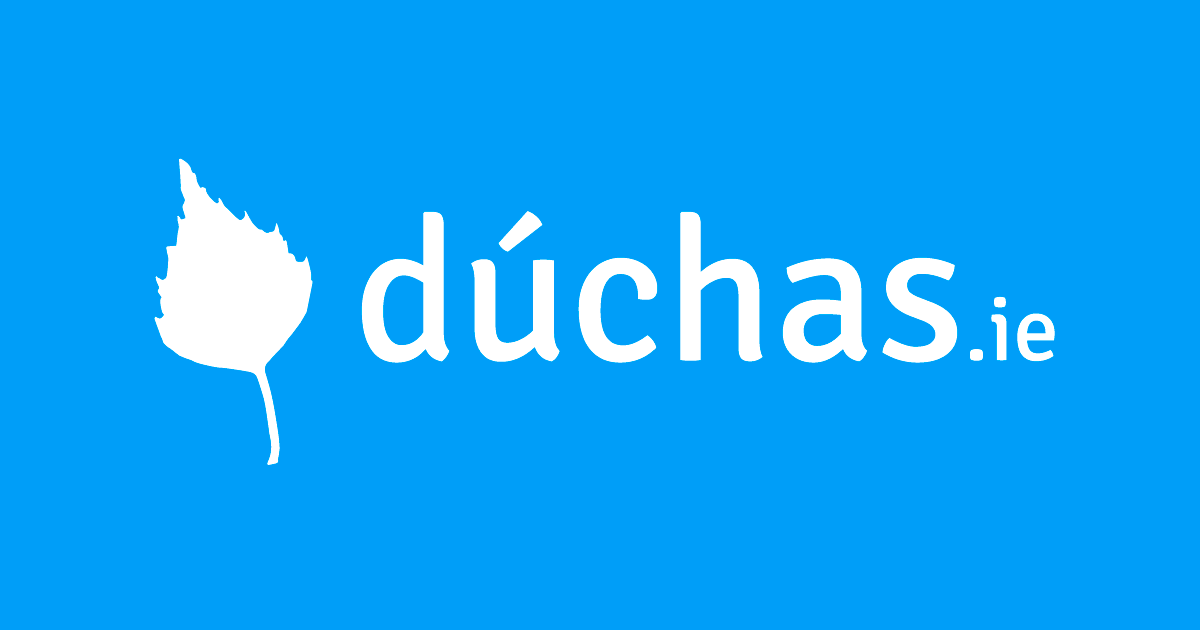The Hidden Value of Death Records
30 June 2017Often when people are tracing their ancestors, they focus on going backwards in time through the records. In the main this primarily involves working from marriage record to birth record, until the records run out or a correct record can no longer be definitively identified. As a result civil death...
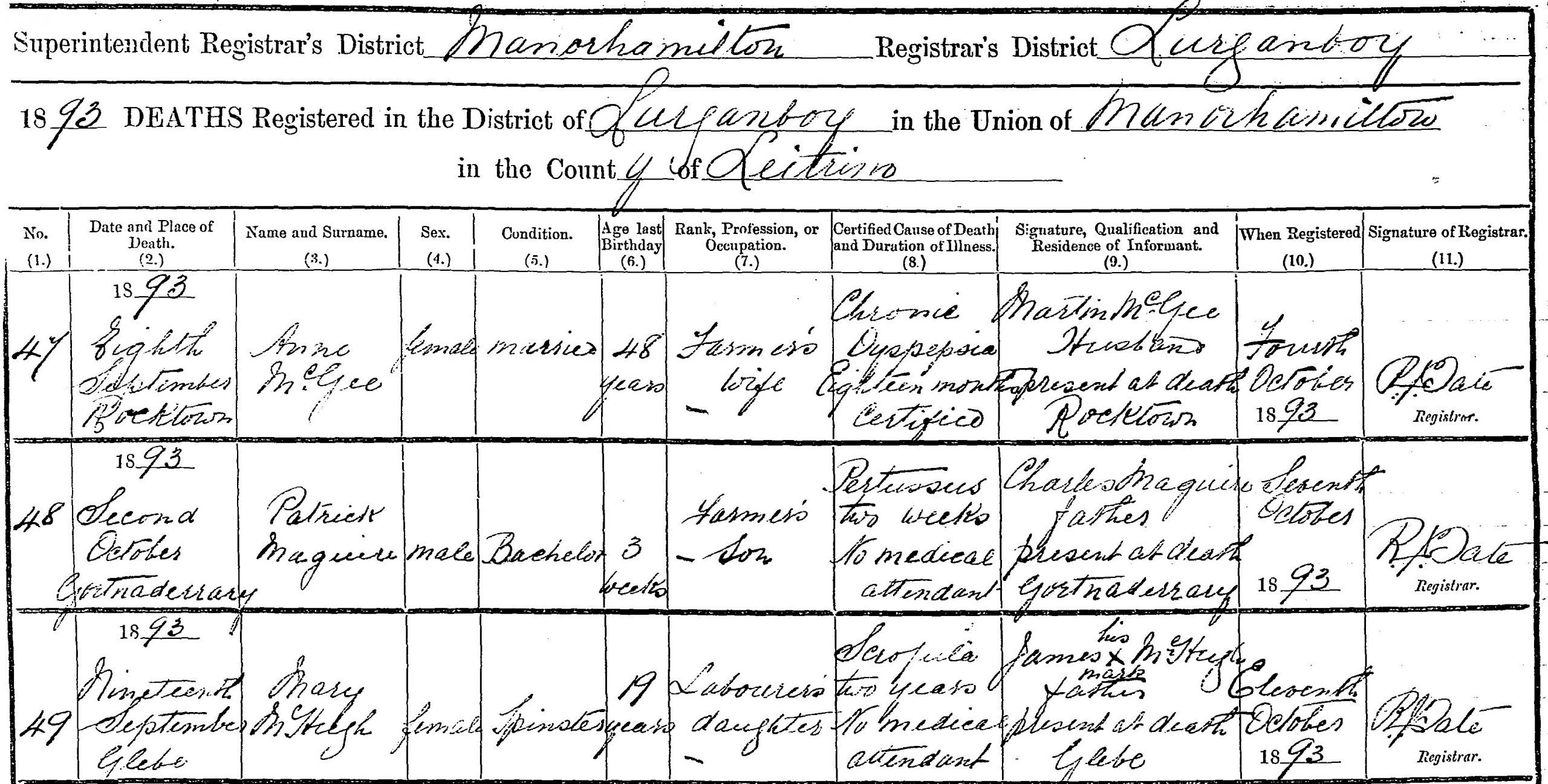
Irish Townlands and Place Names
02 June 2017Some 90% of Irish place names derived from the original Irish language. Although the language has changed considerably in the last 1500 years, anyone who is literate in Irish can write down and identify local place names. For at least the first one hundred and fifty years after Ireland was...
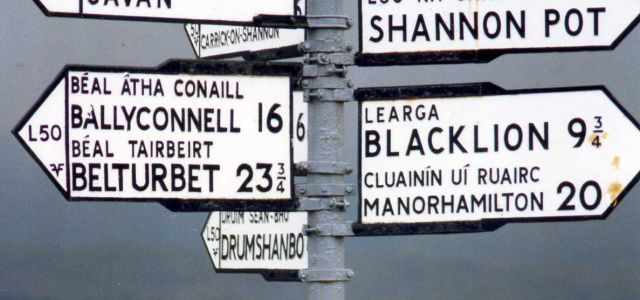
Is the evidence we find in written records always correct ?
18 May 2017The official recording of events in our ancestors’ lives are a key block in genealogy. We mine these records for everything they can tell us about our ancestors and indeed bemoan the lack of detail Irish records have when compared to other jurisdictions. We assume, sometimes wrongly, that the information...
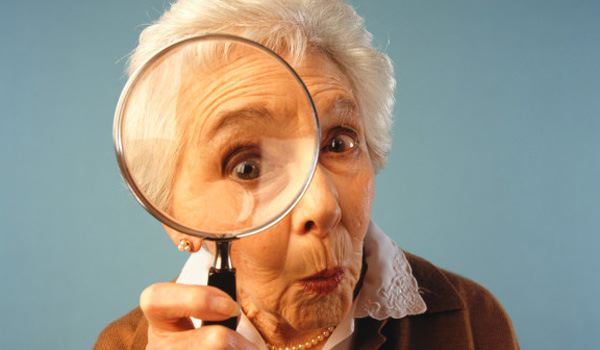
The Journals of the Association for the Preservation of the ‘Memorials of the Dead
05 May 2017The Journals of the Association for the Preservation of the ‘Memorials of the Dead in Ireland have recently been digitised by the IFHC. I have always regarded these journals as treasured gems and perhaps mistakenly as one of those ‘last resort’ items. The Association of The Memorials of the Dead...
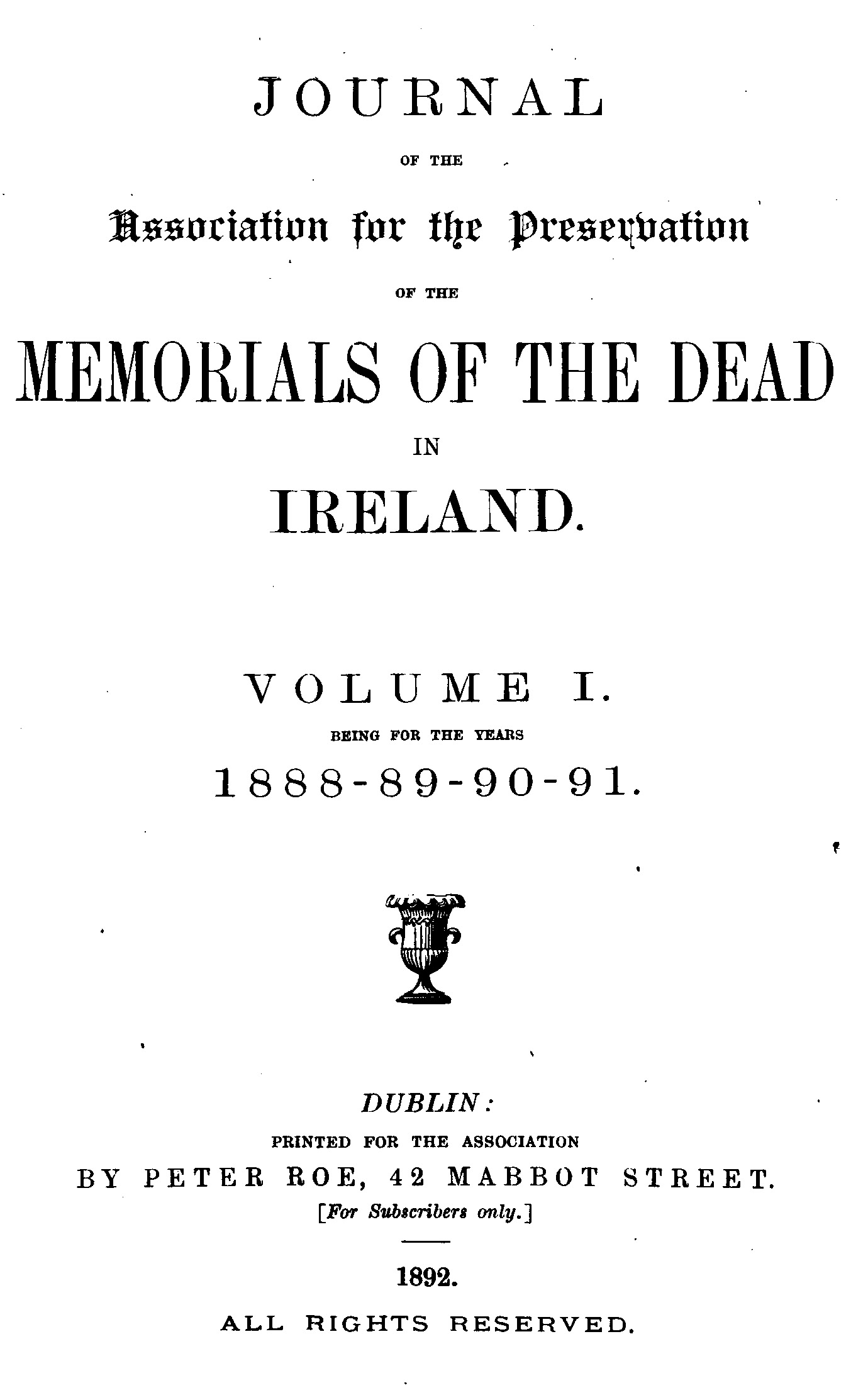
You say it best, when you say nothing at all
19 April 2017“You say it best, when you say nothing at all…” So the song goes and, along with Rocky Racoon, it’s one of the songs that springs to mind when I think of genealogical records. One of the things that looking at vast numbers of a given record set teaches you,...
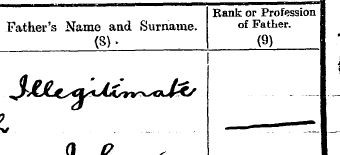
DNA Testing – what will you find?
31 March 2017DNA Testing – what will you find? A person’s ancestry is written in their DNA. The evidence can be used to trace deep ancestral origins, especially when researchers run out of historical documents to work from. In the rush to be DNA-tested, we rarely stop to consider what we will...
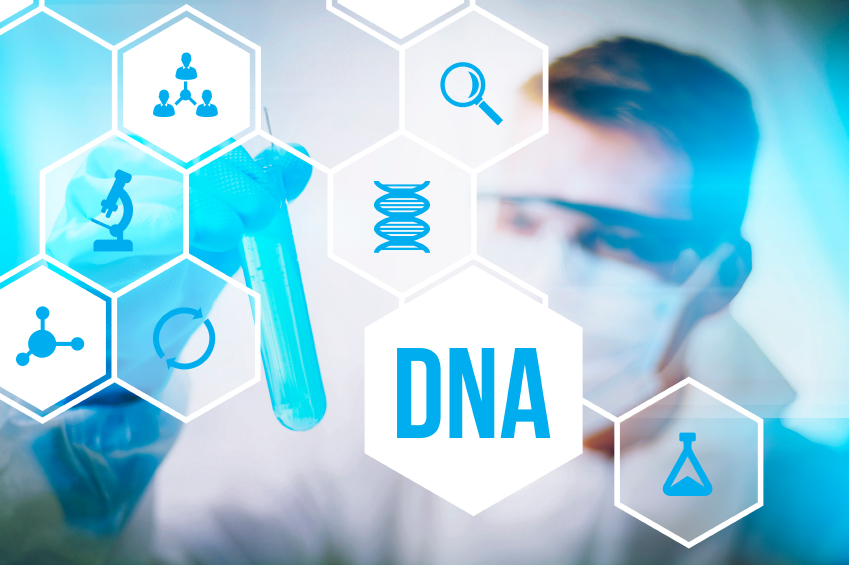
What’s in a name?
15 March 2017It is very striking , over the last few weeks, the ongoing difficulties family historians have with surnames. We are very grateful for the digital revolution, but like all advances, it brings with it its share of problems. How a name appears in, for example , a parish register, may...
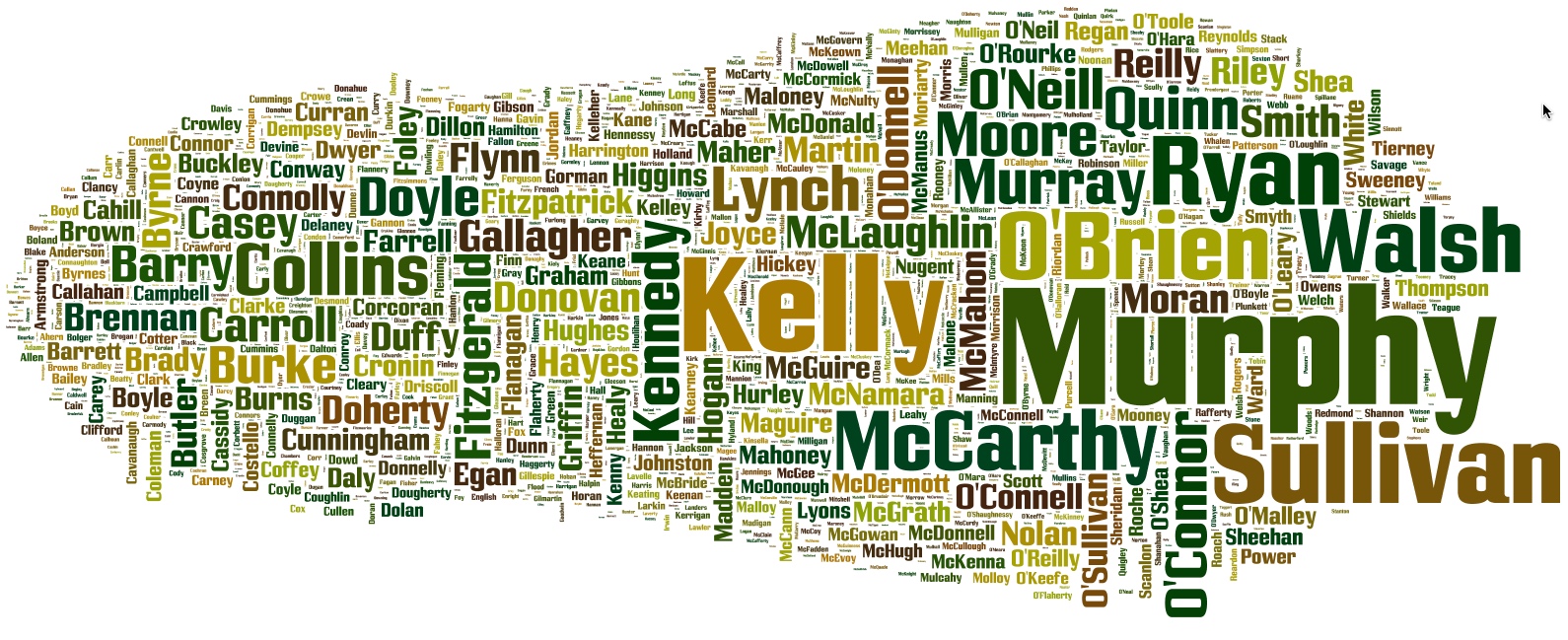
Does DNA have a part to play in genealogy?
03 March 2017This week Travellers have been recognised by the State as an indigenous ethnic minority. At a recent Irish Family History Centre expert workshop on Traveller Culture one of the many things we learnt was the part that DNA played in identifying Travellers as a genetically distinct group, long predating the...
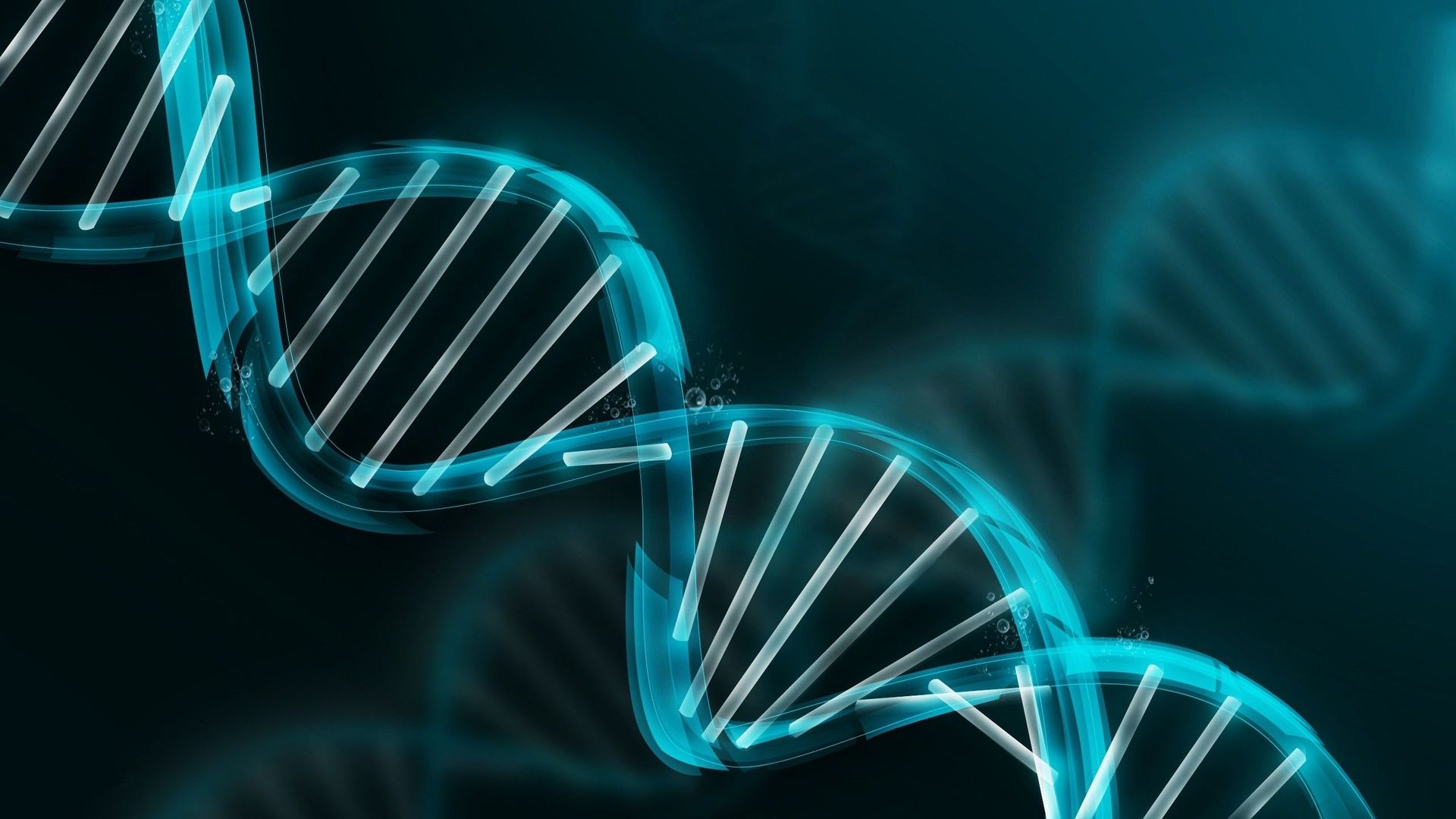
Cemetery Records
15 February 2017For many people, identifying the final resting place of ones’ ancestors can often prove an important aspect of family history research. The main difficulty with this particular branch of genealogical research, is whether or not a record actually survives, be it in the form of a burial register or a...
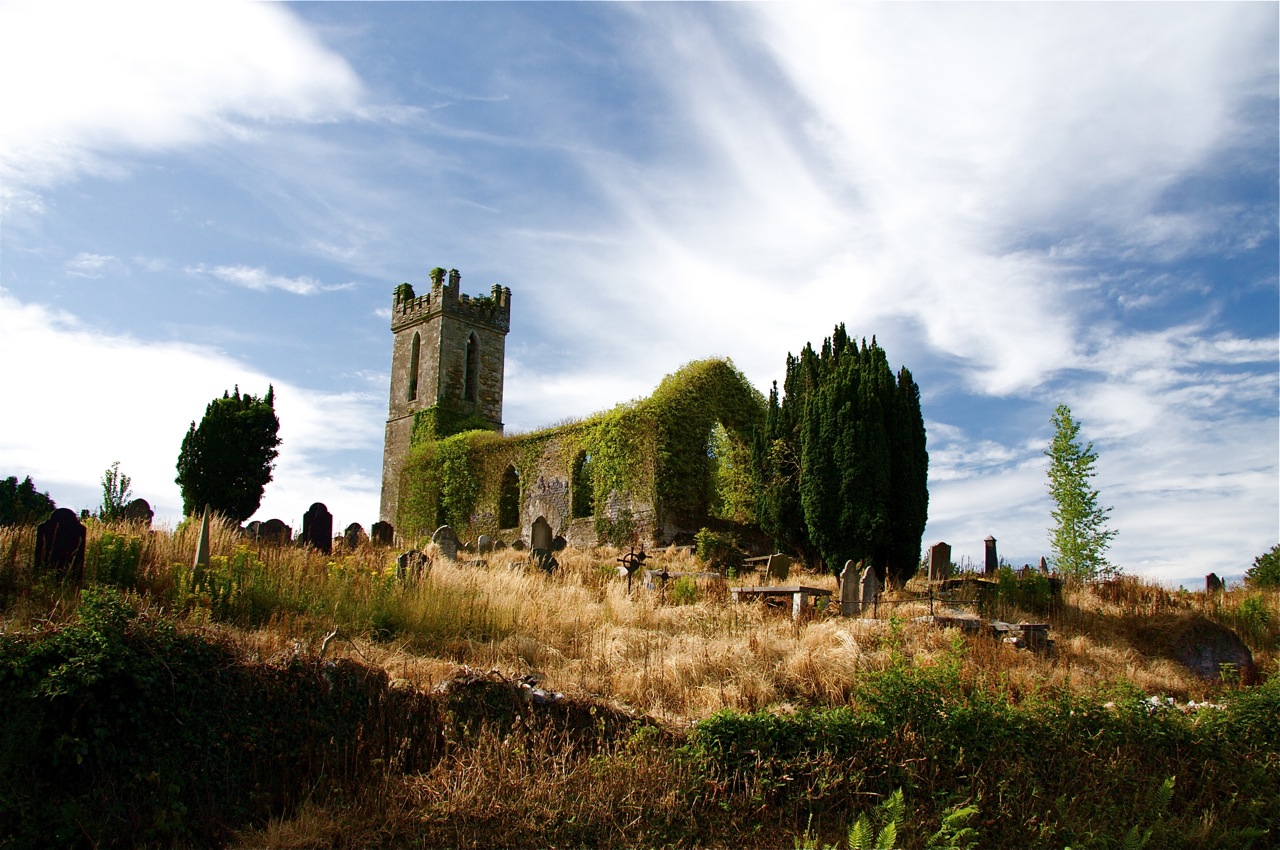
Other Catholic Congregational records
26 January 2017In Ireland the Roman Catholic Church is a private institution. The historical church records of the Catholic church in Ireland document the sacraments – mainly baptism and marriage. Although the Church observes the anointing of the sick or dying as a sacrament, most Catholic parishes in nineteenth-century Ireland never kept...
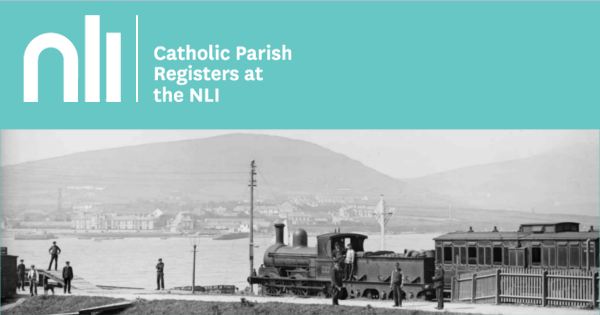
Putting order on your files
12 January 2017An essential feature of genealogy is putting order on our findings. The after Christmas lull has always been a great time to put order on our ’stuff’ be it photos ( in a pre-digital age!) or assembling and archiving the documents found on our family in the year gone out....
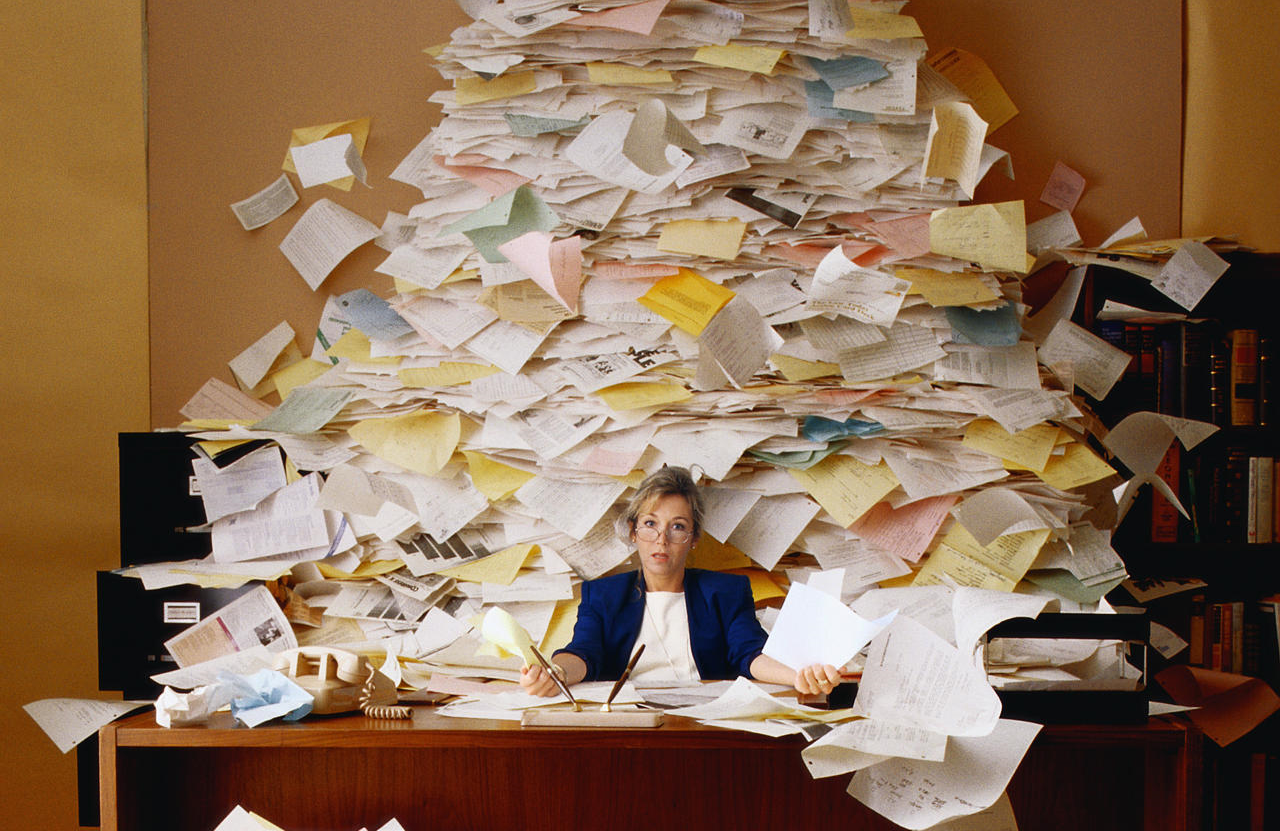
The Schools’ Collection
19 December 2016The schools collection held in the Folklore Collection in UCD and digitised on https://www.duchas.ie/en/cbes, is a collection of folklore written up by Irish pupils from 5,000 primary schools between 1937 and 1939. I have referred to it before but having just looked at it recently I feel it’s worth recommending...
